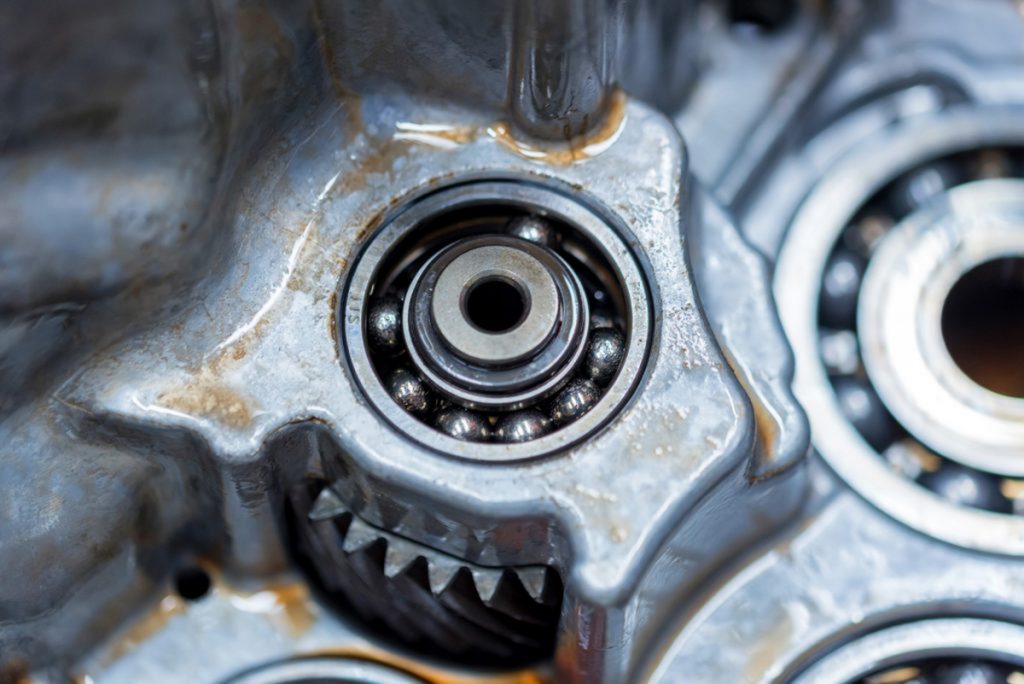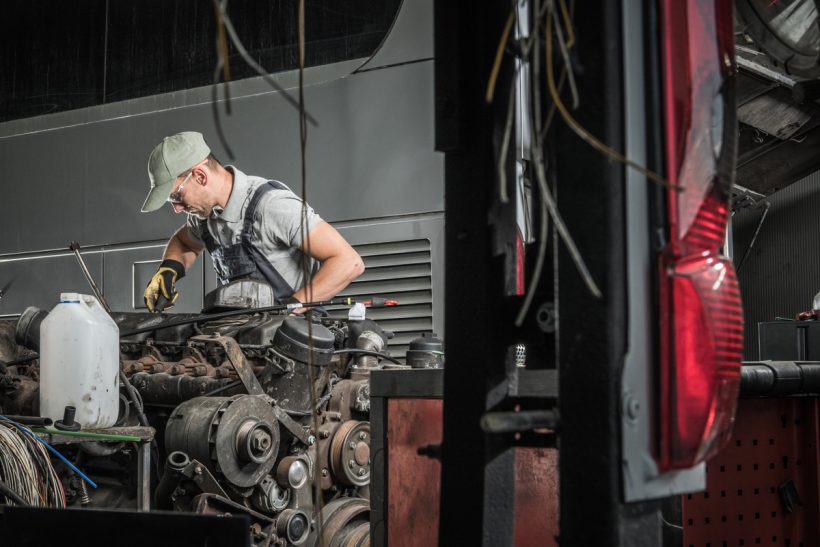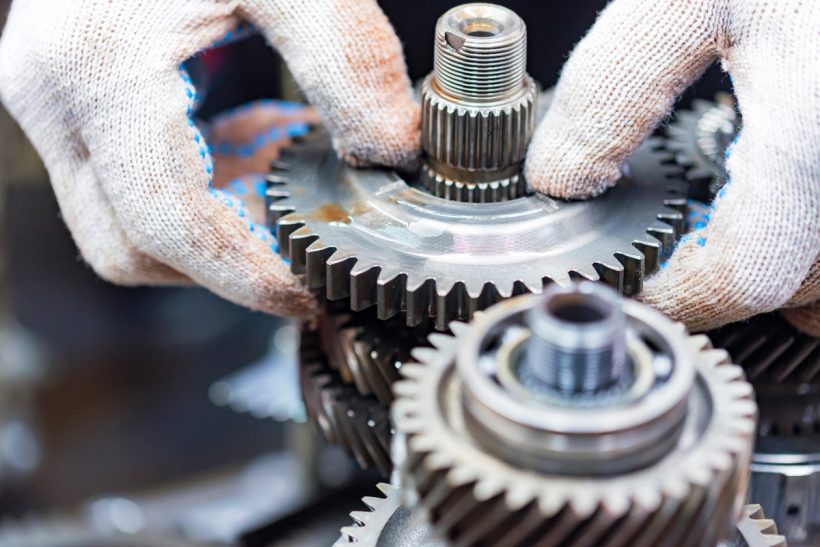Certain car problems can be very difficult to diagnose. Determining exactly when a torque converter has gone bad is extremely tough, as well. Use our guide to figure out the signs of a bad torque converter and what you can do to fix the issues.
Bad Torque Converter Symptoms
Torque converts are situated right between your car’s transmission and engine. This device is crucial since it transfers the engine’s power directly to the transmission. Always be mindful of potential issues with these converters. Watch and listen for these problems.
Overheating
If your vehicle’s temperature gauge indicates overheating by flashing a transmission control unit light on your dashboard, this is a sign of a bad or failing torque converter. Additional reasons why this signal could be triggered include a decline in fluid pressure or even a malfunctioning solenoid. Overheating is bad for your car because it can wear out internal components of the transmission. The converter will then fail to carry out its function of transferring power from engine to transmission.
Slipping
A torque converter may slip out of gear or experience a shift delay if its bearing is damaged. Excessive or inadequate fluid in the transmission will cause gears to perform erratically. One key sign to identify slipping is when your vehicle’s loses acceleration and experiences a reduction in fuel economy.
Shuddering
You’ll know your car is shuddering when driving along a smooth road feels like a rocky and curvy adventure. This is a clear sign that there is an issue with the lockup clutch that’s located with the converter. The ineffective lockup clutch will make it difficult to drive smoothly.
Transmission Fluid Is Contaminated
Automatic transmission fluid fills the torque converter. However, if the fluid gets contaminated with debris or grime, it can damage the transmission. Prevent any future issues by always using the highest-quality ATF at all times.
Unusual Noises
A bad or ineffective converter will emit noises that will immediately alert a driver to an issue. Whenever you notice any clicking or whirring sounds, you need to take the torque converter in for a replacement.
Increased Stall Speed
Stall speed is the point at which the engine’s RPMs are high enough for the converter to transfer power to the transmission. A seamless power transfer becomes impossible when the converter is damaged.
Most Common Torque Converter Problems
Torque converts are situated right between your car’s transmission and engine. This device is crucial since it transfers the engine’s power directly to the transmission. Always be mindful of potential issues with these converters. Watch and listen for these problems.
Overheating
If your vehicle’s temperature gauge indicates overheating by flashing a transmission control unit light on your dashboard, this is a sign of a bad or failing torque converter. Additional reasons why this signal could be triggered include a decline in fluid pressure or even a malfunctioning solenoid. Overheating is bad for your car because it can wear out internal components of the transmission. The converter will then fail to carry out its function of transferring power from engine to transmission.
Slipping
A torque converter may slip out of gear or experience a shift delay if its bearing is damaged. Excessive or inadequate fluid in the transmission will cause gears to perform erratically. One key sign to identify slipping is when your vehicle’s loses acceleration and experiences a reduction in fuel economy.
Shuddering
You’ll know your car is shuddering when driving along a smooth road feels like a rocky and curvy adventure. This is a clear sign that there is an issue with the lockup clutch that’s located with the converter. The ineffective lockup clutch will make it difficult to drive smoothly.
Transmission Fluid Is Contaminated
Automatic transmission fluid fills the torque converter. However, if the fluid gets contaminated with debris or grime, it can damage the transmission. Prevent any future issues by always using the highest-quality ATF at all times.
Unusual Noises
A bad or ineffective converter will emit noises that will immediately alert a driver to an issue. Whenever you notice any clicking or whirring sounds, you need to take the torque converter in for a replacement.
Increased Stall Speed
Stall speed is the point at which the engine’s RPMs are high enough for the converter to transfer power to the transmission. A seamless power transfer becomes impossible when the converter is damaged.
How To Fix A Torque Converter
Here are a few quick ways to fix some common converter issues:
How To Fix Slipping/Shuddering: If you notice any slipping, your first step here is to check the fluid level. Until you check the fluid levels, you cannot identify if your slipping/shuddering has anything to do with the torque converter. You won’t experience either symptom unless you have the wrong fluid in the transmission or an improper amount of fluid.
How To Fix Contaminated Transmission Fluid: Contaminated fluid is generally an implication of bigger problems with either the transmission or converter. If you notice any clutch material, shiny metal flakes or bearing/bushing pieces, this means things are falling apart inside. This type of fix is best left to the professionals.
How To Fix Overheating: A damaged torque converter seal which leaks can cause overheating. A lack of fluid causes slipping, shuddering and overheating. Have the seal replaced to fix this issue.
Road Runner Converters Offers Many Torque Converter Replacements
Road Runner Converters offers many torque converters for sale online. We offer GM Torque Converters, Ford Torque Converters, Diesel Torque Converters, Towing Torque Converters, Street Torque Converters and more.







